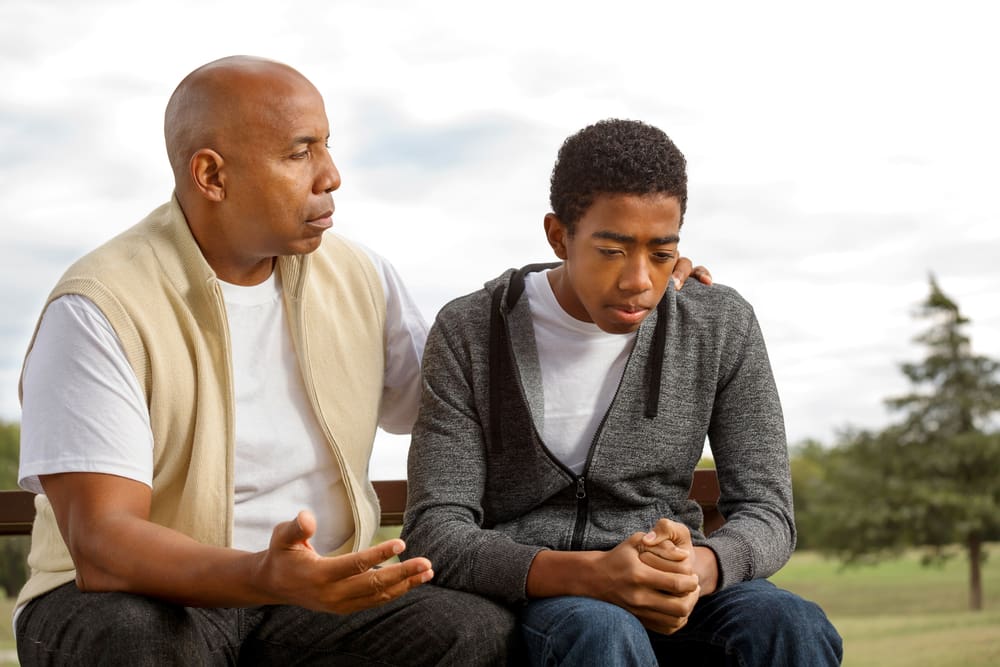Navigating the landscape of parenting is a journey filled with countless important conversations that shape the lives and perspectives of our children. Among these discussions, there exists a topic that is both sensitive and profoundly significant – the dialogue surrounding HIV and STDs. In this article, we will delve into the critical importance of initiating and maintaining private conversations within families about these often-taboo subjects.
The Importance of Early Education of HIV
Why Start Early?
Embarking on the journey of discussing HIV and STDs with your children may seem daunting, yet it is an essential step in their overall well-being. Commencing these conversations when your children are still young serves a crucial purpose – it lays the foundation for a lifetime of awareness and understanding. By introducing these topics early on, parents establish trust and create an environment where children feel comfortable discussing these matters as they continue to grow.
Creating a Safe Space
Importance of Privacy
Within the realm of family discourse, privacy becomes paramount when addressing nuanced topics like HIV and STDs. Recognizing that children may grapple with feelings of vulnerability and embarrassment, establishing a private space is imperative. This goes beyond physical seclusion; it encompasses emotional and psychological safety. A private setting nurtures trust, fostering open communication where questions are welcomed, and myths dispelled. It acts as a sanctuary for familial exploration of these sensitive subjects, reinforcing respect for the gravity of the conversation. Prioritizing privacy not only ensures emotional security but also contributes to destigmatizing these discussions, paving the way for normalized, respectful dialogue on sexual health within the family dynamic.
Tackling Stigma and Fear
Breaking Down Stereotypes
Initiating open conversations about HIV and STDs serves as a potent antidote to societal stigmas surrounding these conditions. Providing your children with accurate information becomes a shield against perpetuated myths and a means to alleviate the unfounded fears linked to these health concerns. Education emerges as a formidable tool in dismantling stereotypes, fostering empathy, and nurturing a profound understanding of these issues. By addressing the root of stigma and fear through knowledge, parents empower their children to contribute to a more compassionate and informed society, unburdened by the weight of misconceptions.
Communication Strategies
Talking Openly and Honestly
Approach these discussions with openness and honesty. Use age-appropriate language, ensuring your children can comprehend the information. Encourage questions and straightforwardly provide answers, fostering an environment of understanding.
Addressing Peer Pressure
Building Resilience
Children face various influences, including peer pressure. By educating them about HIV and STDs, you empower them to make informed decisions and resist negative peer influences. Reinforce the importance of respecting boundaries and making choices based on knowledge.
Navigating Relationships
Understanding Consent
As children enter adolescence, discussing consent becomes crucial. Teach them about the importance of respecting others’ boundaries and ensuring that communication is at the core of any relationship. Emphasize the significance of consent for both emotional and physical well-being.
Encouraging Regular Health Check-ups
Promoting Responsibility
Instill the habit of regular health check-ups in your children. This not only promotes a sense of responsibility for their well-being but also ensures early detection and intervention if necessary. Regular check-ups are a proactive step towards maintaining good health.
Conclusion
In conclusion, protecting kids from the risks of HIV and STDs involves more than just providing information; it’s about fostering open communication, creating a safe space, and instilling a sense of responsibility. By addressing these topics within the family unit, we empower our children to make informed choices, navigate relationships, and prioritize their health.
Remember, these conversations are not just about protecting them from physical harm but also about nurturing their emotional well-being. As parents, let’s embrace the responsibility of guiding our children through these essential discussions, creating a foundation for a healthier and more informed future.
This story was created using AI technology.
















